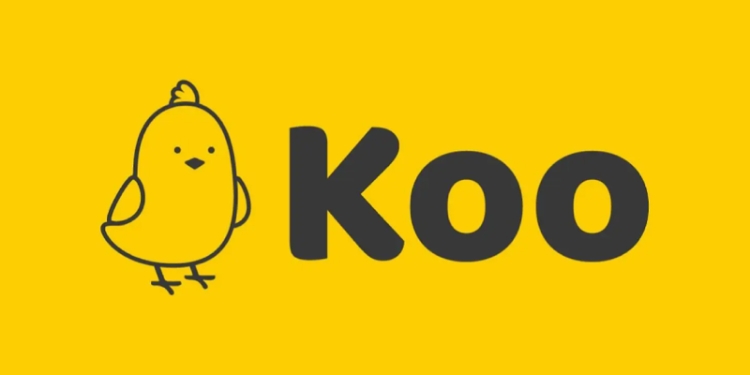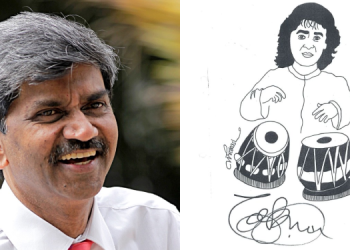Bengaluru: Vernacular microblogging platform Koo has announced the cessation of its operations following unsuccessful attempts to secure a buyer. The company’s co-founder and CEO, Aprameya Radhakrishna, shared the news in a detailed LinkedIn post, outlining the challenges and journey of the platform.
Radhakrishna explained that despite exploring partnerships with various larger internet companies, conglomerates, and media houses, the talks did not result in a favorable outcome. “Most of them didn’t want to deal with user-generated content and the wild nature of a social media company. A couple of them changed priority almost close to signing,” he noted. The high cost of maintaining a social media app further contributed to the difficult decision to discontinue Koo’s service.
Koo was created with the intention of bridging the gap between languages spoken worldwide and the predominantly English-dominant social media platforms like Twitter in India. With 80% of the global population speaking languages other than English, Koo aimed to democratize expression and enable connections in local languages.
The platform had a notable impact, achieving a 10% like ratio, significantly higher than Twitter’s, making it a more favorable platform for creators. At its peak, Koo boasted around 2.1 million daily active users and approximately 10 million monthly active users, including over 9000 VIPs from various fields. The company was close to surpassing Twitter in India in 2022, but a prolonged funding winter hindered its growth plans.
Radhakrishna highlighted the challenges of building a social media company, which requires significant scale before revenue can be considered. Koo needed five to six years of aggressive, long-term, and patient capital to realize its vision. However, the market conditions and funding winter ultimately derailed these plans.
Despite these setbacks, Koo’s journey was marked by significant achievements. “We’ve built a globally scalable product in a fraction of the time that X/Twitter did, with superior systems, algorithms, and strong stakeholder-first philosophies,” Radhakrishna stated. He also expressed gratitude to the team, investors, creators, users, and journalists who supported Koo throughout its journey.
While Koo’s operations are ceasing, Radhakrishna hinted at the potential for the platform’s assets to be utilized by someone with a vision for India’s role in social media. The team is also considering making the technology a digital public good to enable social conversations in native languages globally.
In closing, Radhakrishna emphasized the need for patient, long-term capital to build world-beating products from India and hinted at future entrepreneurial ventures. “As for us, we are entrepreneurs at heart, and you will see us back in the arena one way or another,” he concluded, bidding farewell with gratitude to the little yellow bird that represented Koo.

















